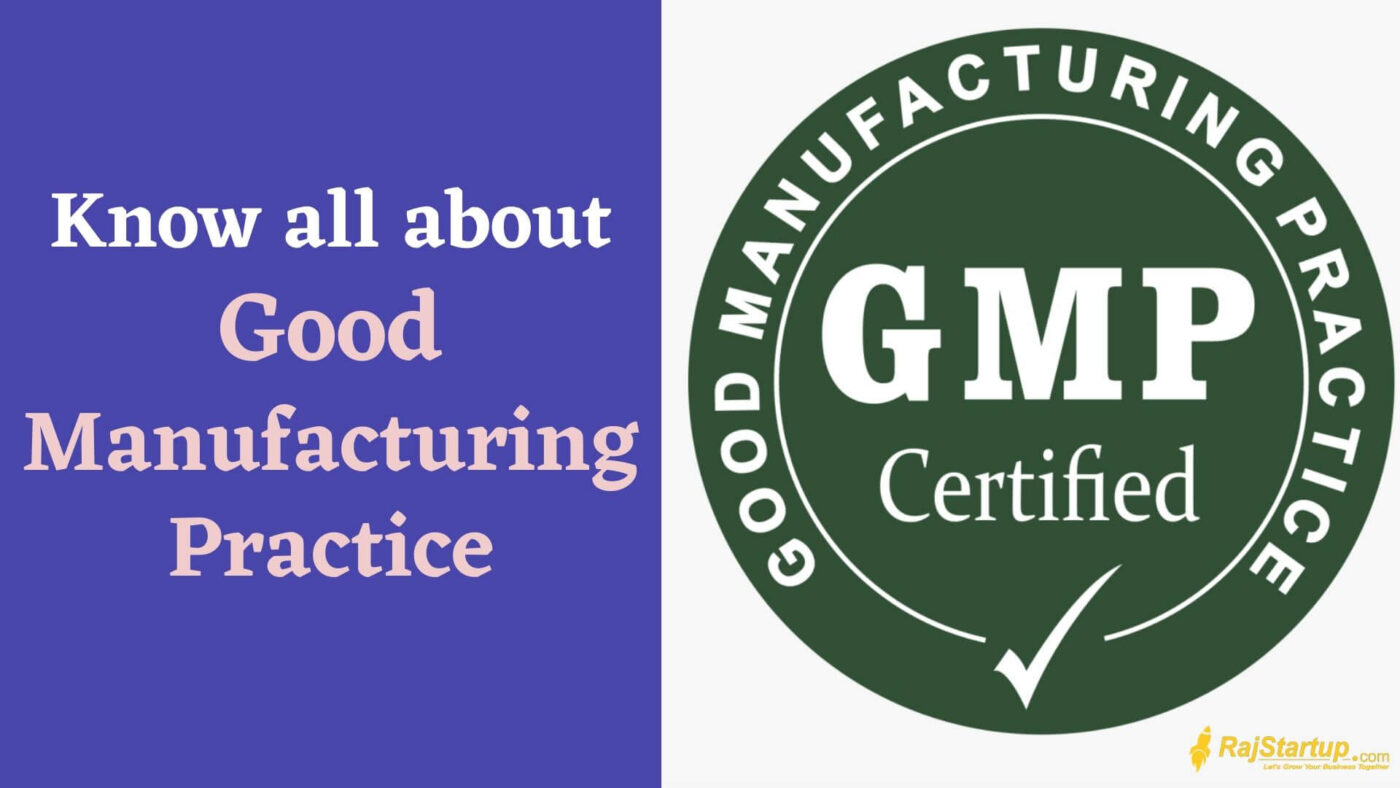GMP Certification, Uncategorized
GMP certification
Guideline versions
GMPs are enforced in the United States by the U.S. Food and Drug Administration (FDA), under Title 21 CFR. The regulations use the phrase “current good manufacturing practices” (CGMP) to describe these guidelines. Courts may theoretically hold that a product is adulterated even if there is no specific regulatory requirement that was violated as long as the process was not performed according to industry standards. However, since June 2007, a different set of CGMP requirements have applied to all manufacturers of dietary supplements, with additional supporting guidance issued in 2010. Additionally, in the U.S., medical device manufacturers must follow what are called “quality system regulations” which are deliberately harmonized with ISO requirements, not necessarily CGMPs.
The World Health Organization (WHO) version of GMP is used by pharmaceutical regulators and the pharmaceutical industry in over 100 countries worldwide, primarily in the developing world. The European Union’s GMP (EU-GMP) enforces similar requirements to WHO GMP, as does the FDA’s version in the US. Similar GMPs are used in other countries, with Australia, Canada, Japan, Saudi Arabia, Singapore, Philippines], Vietnam and others having highly developed/sophisticated GMP requirements. In the United Kingdom, the Medicines Act (1968) covers most aspects of GMP in what is commonly referred to as “The Orange Guide,” which is named so because of the color of its cover; it is officially known as Rules and Guidance for Pharmaceutical Manufacturers and Distributors.
Since the 1999 publication of GMPs for Active Pharmaceutical Ingredients, by the International Conference on Harmonization (ICH), GMPs now apply in those countries and trade groupings that are signatories to ICH (the EU, Japan and the U.S.), and applies in other countries (e.g., Australia, Canada, Singapore) which adopt ICH guidelines for the manufacture and testing of active raw materials
Enforcement
Within the European Union GMP inspections are performed by National Regulatory Agencies. GMP inspections are performed in Canada by the Health Products and Food Branch Inspectorate; in the United Kingdom by the Medicines and Healthcare products Regulatory Agency (MHRA); in the Republic of Korea (South Korea) by the Ministry of Food and Drug Safety (MFDS);in Australia by the Therapeutic Goods Administration (TGA); in Bangladesh by the Directorate General of Drug Administration (DGDA); in South Africa by the Medicines Control Council (MCC); in Brazil by the National Health Surveillance Agency (ANVISA);in India by state Food and Drugs Administrations (FDA), reporting to the Central Drugs Standard Control Organization; n Pakistan by the Drug Regulatory Authority of Pakistan; in Nigeria by NAFDAC; and by similar national organizations worldwide. Each of the inspectorates carries out routine GMP inspections to ensure that drug products are produced safely and correctly. Additionally, many countries perform pre-approval inspections (PAI) for GMP compliance prior to the approval of a new drug for marketing.

CGMP inspections
Regulatory agencies (including the FDA in the U.S. and regulatory agencies in many European nations) are authorized to conduct unannounced inspections, though some are scheduled. FDA routine domestic inspections are usually unannounced, but must be conducted according to 704(a) of the Food, Drug and Cosmetic Act (21 USCS § 374), which requires that they are performed at a “reasonable time”. Courts have held that any time the firm is open for business is a reasonable time for an inspection.

